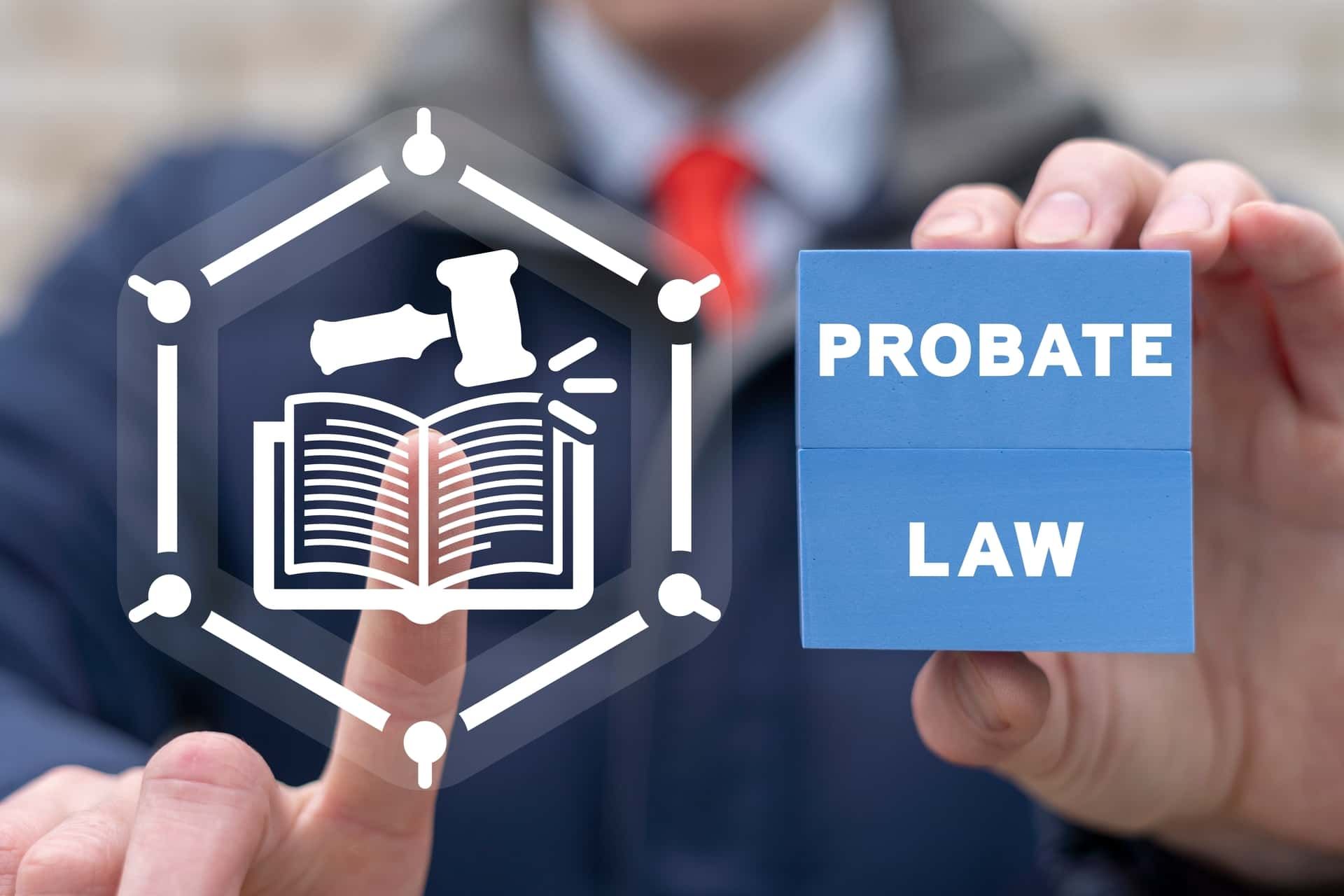The Pros and Cons of Tax Debt Settlement in Florida
In this current health crisis, the good news is hard to find. Yet, we did get a bit of good news in that this year’s tax deadline has been moved from April 15 to July 15, 2020. That is welcomed news for paying taxes this year, but are you someone who has been facing back taxes, and is now more concerned than ever about being able to pay those back taxes?
If you do have concerns about your back taxes, then you might be persuaded to use one of those companies that offer to settle your back taxes for “ pennies on the dollar.” Those offers sound too good to be true. The reason for that is because they usually are.
Accordingly, when you are looking to get a tax debt settlement in Florida, consider speaking with a seasoned tax debt attorney. With the help of someone who knows and understands the federal tax code and frequently deals with the Internal Revenue Service (IRS), you will be in a better position to understand all of your options and pick the best one for your circumstances. Many “tax debt settlement” companies often do not give you the full picture.
In this blog, we will talk about the pros and cons with regard to the various options available to you for an appropriate tax debt settlement in Florida. If after reading this blog, you have additional questions about your need for a tax debt settlement in your own situation, please contact The Law Office of Mary King, P.L.
We are tax debt settlement attorneys in Florida, and we provide services in all areas from debt settlement to planning the most efficient tax strategy for individuals and businesses. Call today at 941-906-7585 , or fill out our contact form. We are here to help you.
Options Available to Taxpayer Who Owe Back Taxes
1. The Installment Agreement
Surprisingly, relatively few taxpayers take advantage of the installment agreement option in paying back taxes. In many circumstances, settling a tax debt with an installment agreement is the most favorable option for a taxpayer because once signed, the agreement tells the IRS that you are a taxpayer who is in compliance with tax law. In the short term, that will result in fewer stressful letters and calls to you from the IRS.
While the installment agreement is not always the best option, such as when a tax debt is very large, it is an option that is always worth considering. So, what are the pros and cons related to an installment agreement?
1. First, the pros. An installment agreement will satisfy the IRS that you are trying to settle up your debt. Thus, you avoid the IRS having to take any additional collection actions against you. Also, an installment agreement can be flexible, and it is virtually always a possible option for tax debt settlements in Florida.
2. Next, the cons. You still need to pay interest with an installment agreement. That is why it may not be the best option with a large amount because you will only be paying down a little at a time. And even if the amount is not that large, it still makes it take many years to finish paying the debt. Finally, you always run the risk of being in default if you fail to make an installment payment.
2. Amend Past Tax Returns
An often-overlooked tax settlement option is to amend a tax return or file one that was never filed before. In so doing, it may be possible to reduce your tax debt, essentially arguing that your liability was overstated in your initial tax return. This option is useful if your tax return had an error that genuinely resulted in overstated liability, or if the IRS filed a substitute return for you because you did not file a return.
1. First, the pros. Filing a new or amended return can result in a substantial decrease in tax liability, and you can avoid penalties and interest on the overstated amount.
2. Next, the cons. You need to be fairly comfortable with filing sometimes complicated tax returns. Also, if you claim a prior refund, there is a three-year limitation on how far back you can claim.
3. Offer In Compromise
This option is the one you likely hear the most about. It is certainly the option that those “pennies on the dollar” debt settlement companies try to take advantage of.
The offer in compromise becomes more attractive to a taxpayer who owes when the taxpayer owes a lot of money. That is because the higher the amount you owe, the more the IRS will conclude that you are unable to pay the debt back. Thus, the IRS will have an incentive to resolve your matter by taking what you can afford and erasing the rest of the debt.
1. First, the pros. The offer in compromise will reduce the amount of debt by agreement, and it will suspend certain collections actions against you.
2. Next, the cons. Typically, an OIC calls for a high initial payment, and the IRS has little patience for any further tax debt for the next five years. Also, it could take a few years to complete the process.
In sum, there are always trade-offs when it comes to settling tax debt. That is why you would be well served by engaging an attorney who does tax debt settlements in Florida to help you. Having an attorney by your side could be another bit of good news in this otherwise trying time.
Get the Help of an Experienced Attorney to Handle Your Tax Debt Settlement in Florida
If you are struggling with back taxes, then you need the help of a seasoned tax debt settlement attorney in Florida. The Law Office of Mary King P.L. can help. We are experienced tax debt attorneys in Florida , and we offer complete services in all areas from tax implications of alimony to planning the most efficient tax strategy for individuals and businesses.
Call our IRS problem-solving services firm in Florida today to schedule an initial consultation. With years of experience, the Law Office of Mary E. King can make sure that your tax issues are resolved in your favor. Fill out our online contact form , or call us at 941-906-7585.
The post The Pros and Cons of Tax Debt Settlement in Florida appeared first on Law Office of Mary E. King P.L..
Disclaimer: The information on this website and blog is for general informational purposes only and is not professional advice. We make no guarantees of accuracy or completeness. We disclaim all liability for errors, omissions, or reliance on this content. Always consult a qualified professional for specific guidance.
RECENT POSTS
CONTACT US






